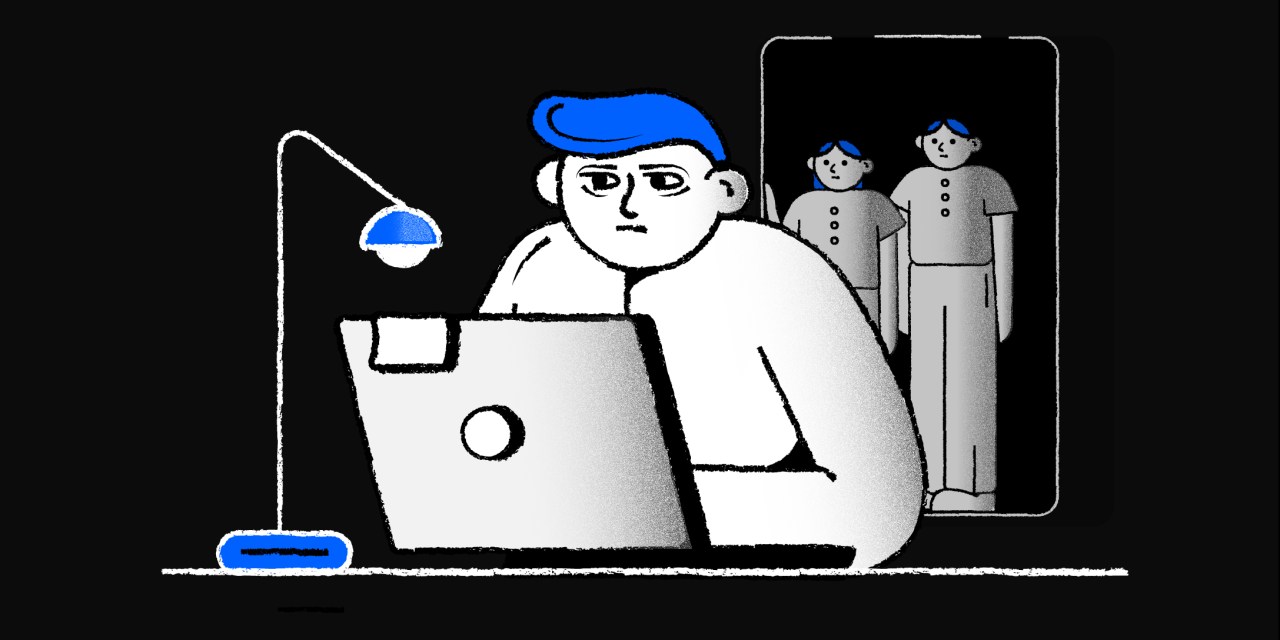Rejected for a job? Here’s why you shouldn’t let it get you down

As a freelance writer, much of Lydia Mwangi’s time is spent applying for jobs — and getting rejections simply comes with the territory. In fact, she said, it’s not uncommon for her to send out 20 proposals and hear nothing back.
“It’s almost in my job description to get rejections once in a while,” she said. “It’s just how it is in freelancing.”
While it can be mentally and emotionally draining, she admitted, she has learned to be resilient, and to not take the rejections personally. “I use rejection to check how I can write a better proposal, what words I shouldn’t use again, and to even learn which group of clients is not likely to choose you,” she explained. “You always learn from rejection, especially rejection that comes with feedback.”
At the onset of the pandemic, when companies were laying off employees left and right and jobs were hard to come by, Chaz Nahas kept the faith, submitting proposals on job sites every day and getting contacted by a few recruiters here and there. But ultimately, nothing came of his efforts, leaving him feeling hopeless. But after months of persistence, he finally got an offer.
“The point is to push forward, even if things look bleak,” he said.
Alli Kelly related that, after leaving a toxic workplace last November, it took her five months and 11 rejections before she landed in her current role. “As much as rejections suck, I ultimately used them as motivation to hone my writing skills,” she said. As she searched for her next role, she related, she worked on volunteer writing opportunities for digital magazines, took on branding work for local nonprofits, and completed online courses.
“I’m now in my ideal job with a great company and happy I pushed through the frustration,” she said.
Clearly, even in a sizzling job market, rejection is a very real thing.
A study by the employment search site Joblist, based on interviews with more than 1,000 people looking for jobs in the U.S., found that while companies are still actively searching for new talent, it takes an average of three months before a candidate actually gets an offer. The study also revealed that about one-third of applicants received as many as six to 10 rejections over the past six months, and half of job seekers lost confidence in themselves after being rejected.
Meanwhile, more than one-third of Gen Z job hunters even went into therapy after getting turned down too many times.
“Rejection is often a painful experience and can be incredibly damaging to [one’s] confidence,” said psychologist and life coach Chris Tompkins, who works with Theara, an online mental health resource. He said research has shown that rejection can even cause physical pain.
But rejection, as the personal stories above all attest, can also become a motivating experience.
“Self-compassion, self-reflection, and perspective are the tools which have enabled me to change my relationship with rejection, and to use it as an opportunity to learn,” Tompkins said. “The more we practice dealing with rejection, the easier it becomes.”
Stacy Cason, CEO of Planetarie, a CBD wellness company, said that before she started her own business, she had been rejected for jobs for which she seemed perfectly matched. One position in particular was an office job that paid well and was something she very much wanted. She met all the qualifications, had a great interview and was told she was a strong candidate. A week later, she got the dreaded “We’re sorry” email.
It was heartbreaking, she said, but it also created a path for her to start her business. “I took all of my feelings of hurt and rejection and turned them into happiness and success in my own company,” she said.
“While it’s never fun to get rejected, it’s important to remember that this doesn’t have to be a confidence destroyer. In fact, some of the most successful people in the world have faced plenty of rejection before finally landing their dream job,” stressed Robert Leonard, CEO of Aimvein, an e-commerce business.
So how can you turn a rejection into a positive? Leonard shares these tips:
- Use it as motivation to keep going. Remember that every “no” brings you closer to a “yes.”
- Learn from your mistakes. If you’re getting rejected, take a look at your resume and application materials to see if there’s anything you can improve.
- Don’t take it personally. It’s not always about you. Sometimes, the job just isn’t a good fit for your qualifications or goals.
“With the right attitude, you can use rejections to your advantage,” Leonard advised. “They can be motivating factors that help you push harder and reach your goals.”
